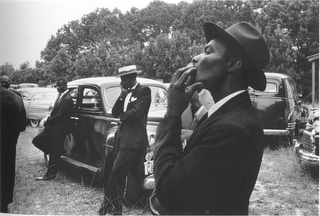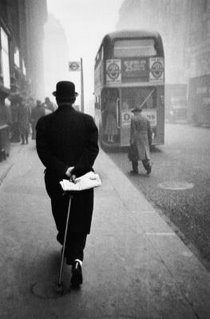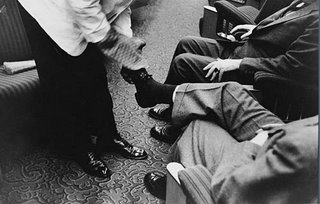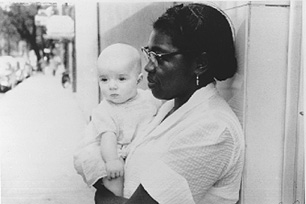Production schedule
Friday 19th October
Casting sessions for characters for film. Treatment,
ideas for folder, researching etc should be done.
monday 22nd
Beginning location preparation for sceens with
actors in them.
tuesday 30th October
finalising storyboard for shots needed. (includes
location of shots, actors in shots and cinematography
used in shots.)
friday 2nd November
begin filming. Preferably scenes for the soap opera side
but incorporated in the scenes will be the interviews and
documentary production taking place at the same time.
monday 5th November
filming continues. Hopefully get through most in this day
to relieve stress as the project continues. Prodominantly
want to work on soap opera side of production.
tuesday 6th November
group meeting to discuss project and if there's no class
on this day we can continue to film, possibly working on the
making of documentary because it may be a burden on our actors
to come in for to days in a row.
9-16th November
hope to have finished filming completely. This would give us three
weeks of editing.
Between these days we have a short meeting to discuss whether anymore
needs to be done with the filming prodominantly that must be done
before editing.
19th Nov-7th Dec
Editing should be our main focus, sharing time for the soap and 'making
of' documentary.





